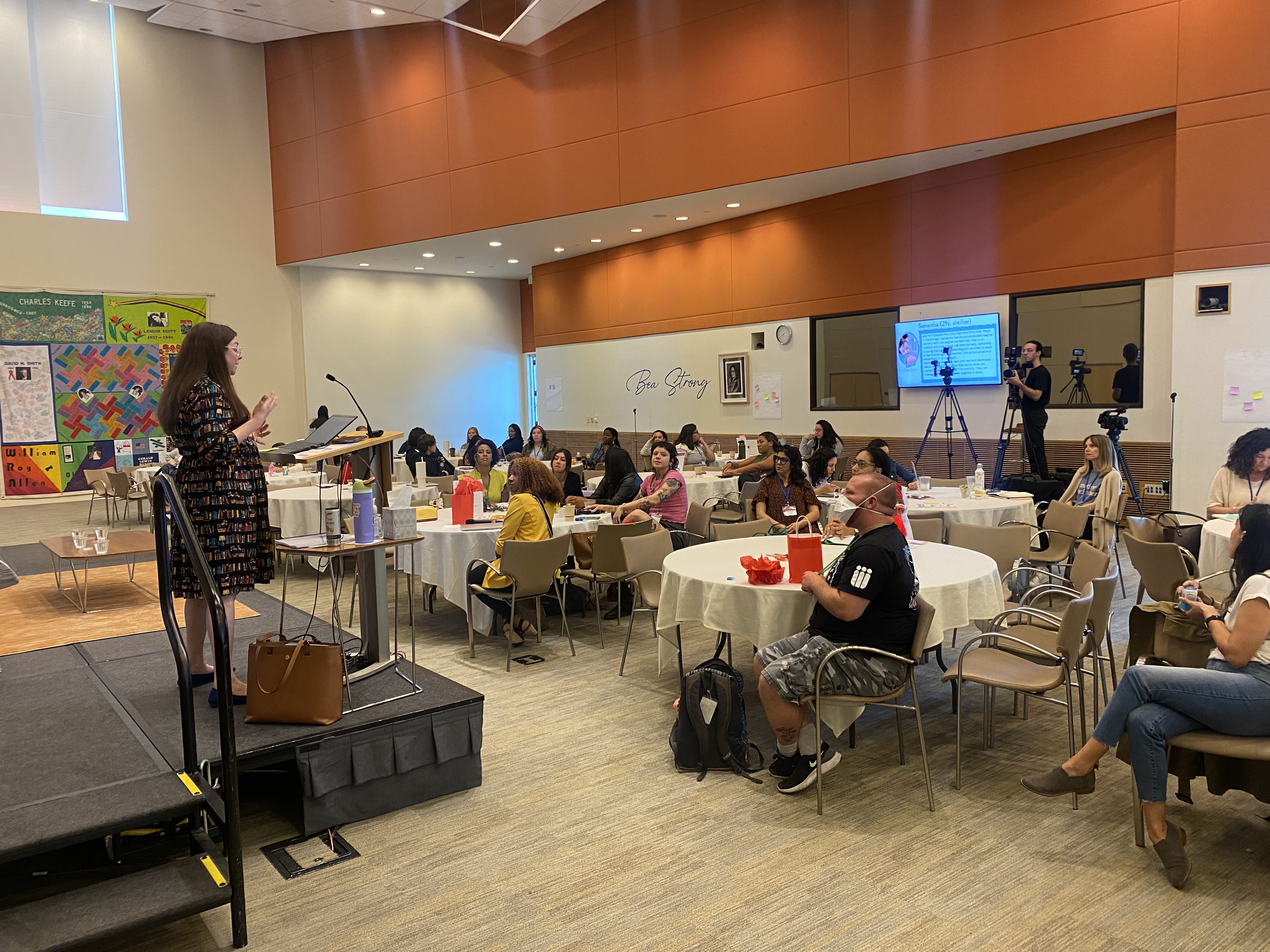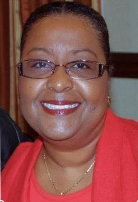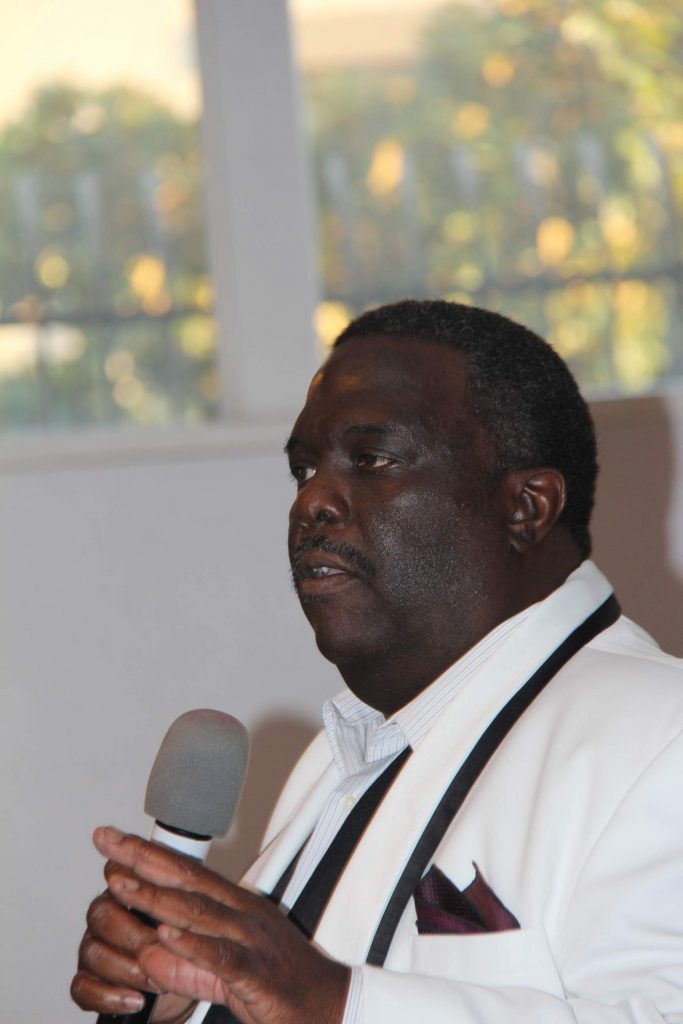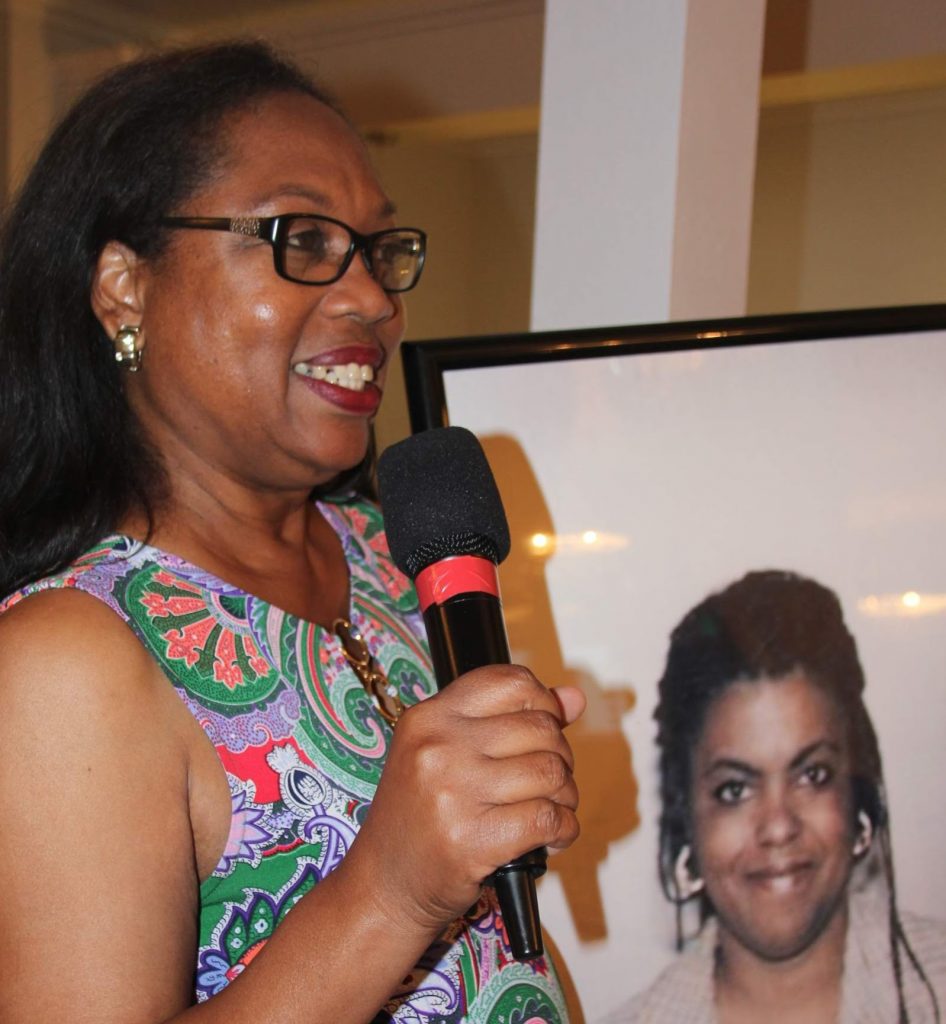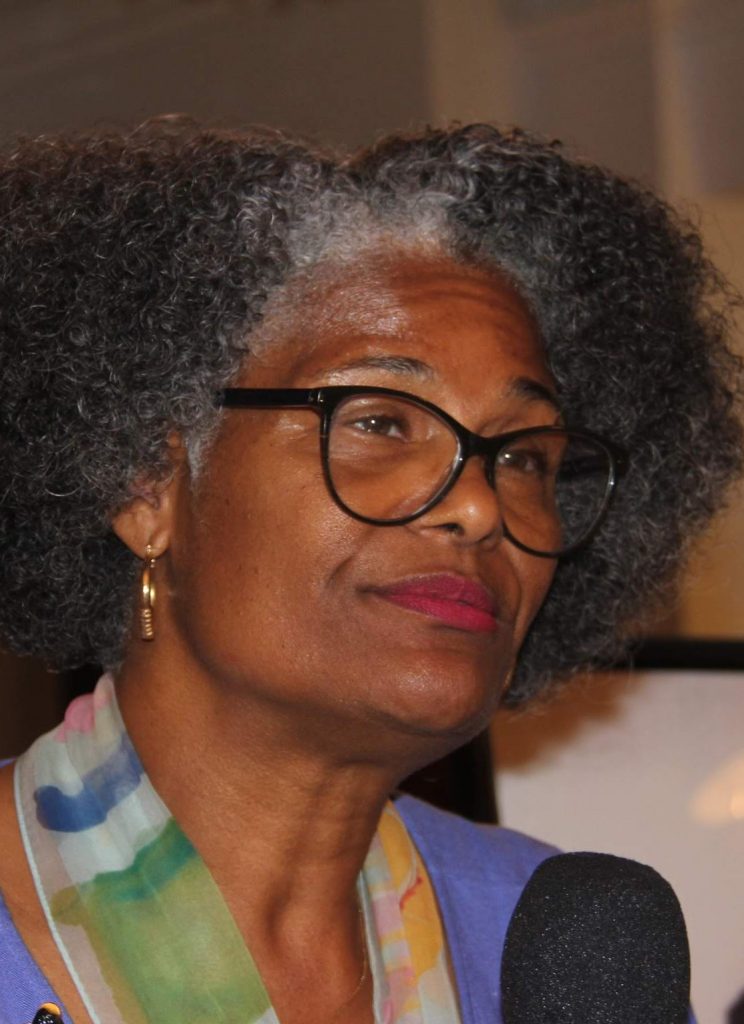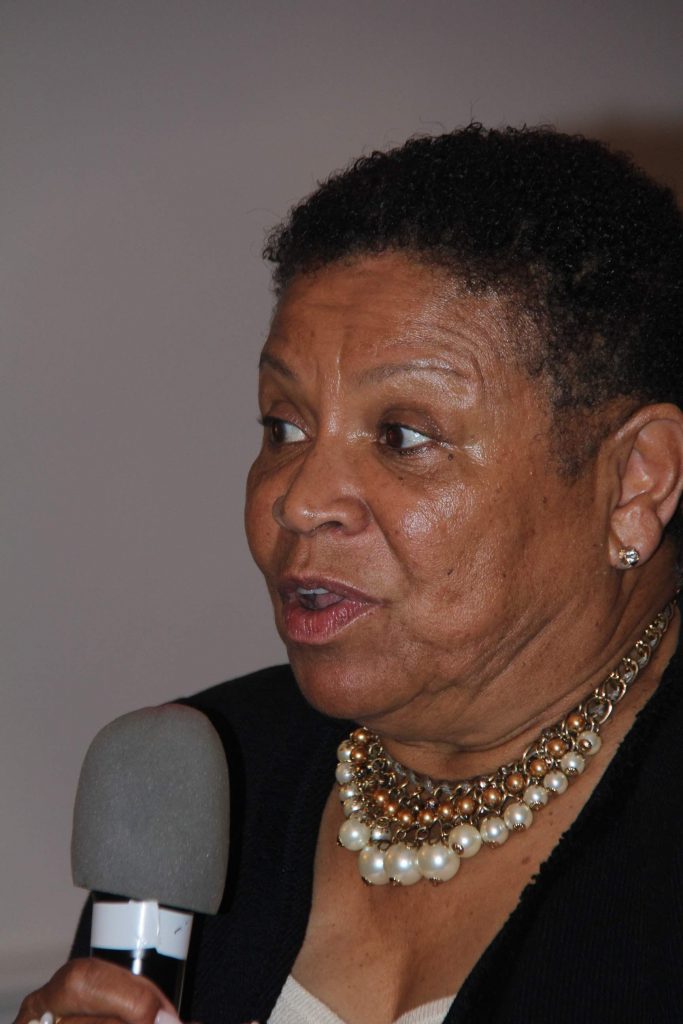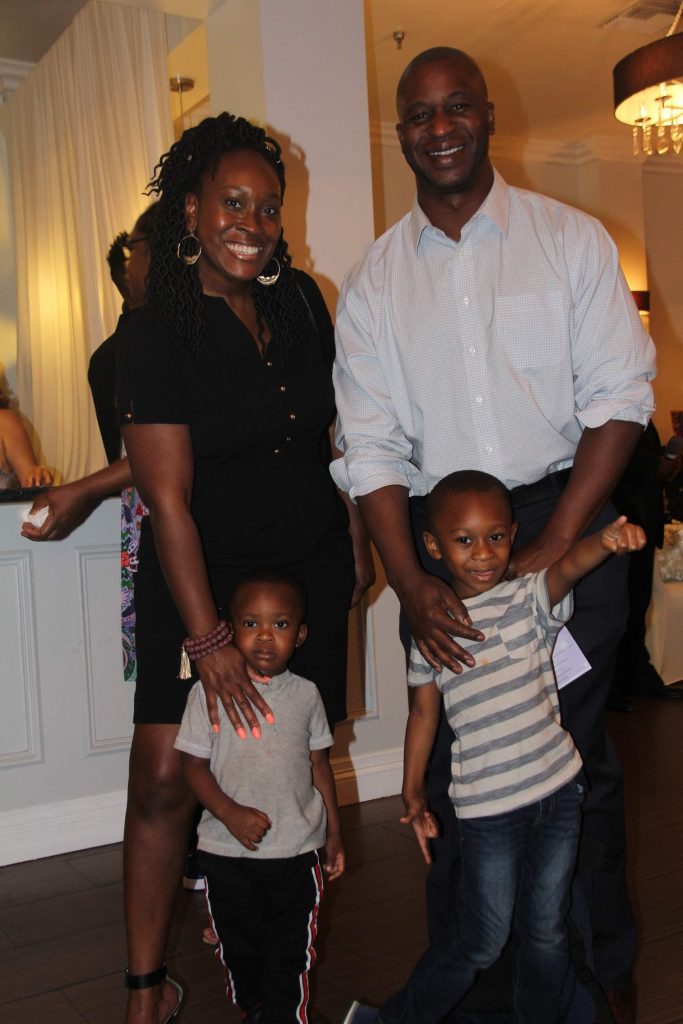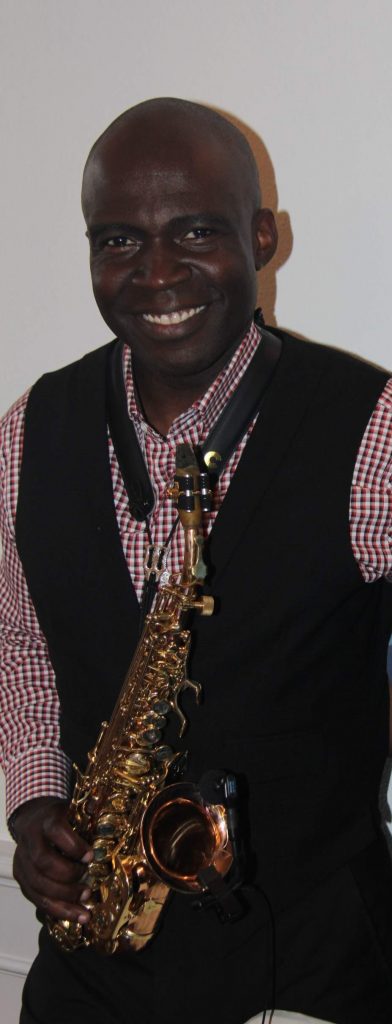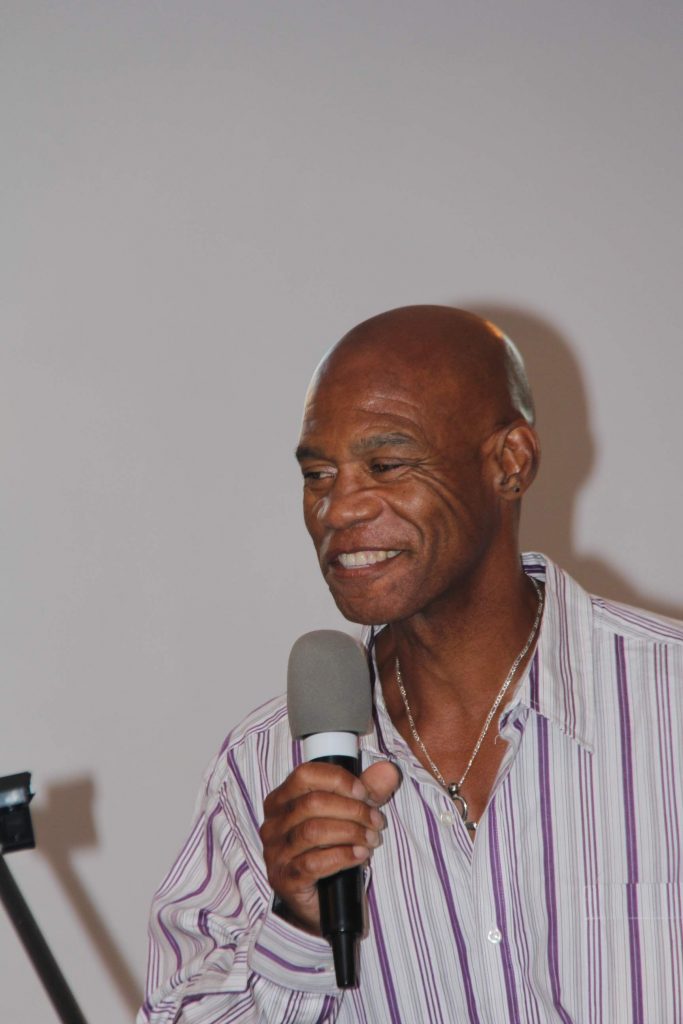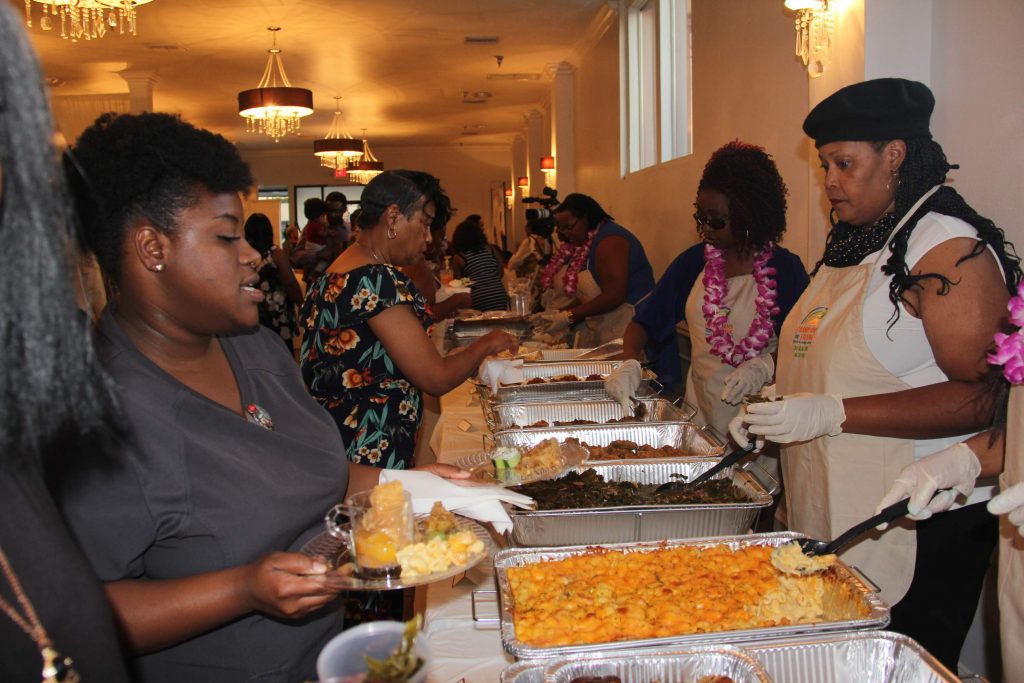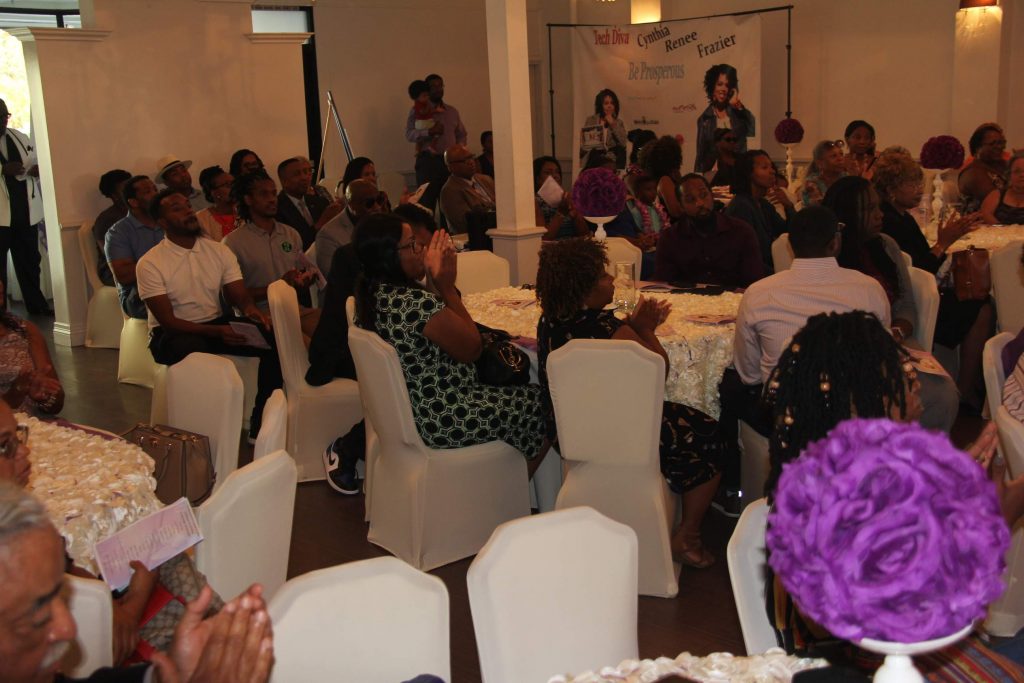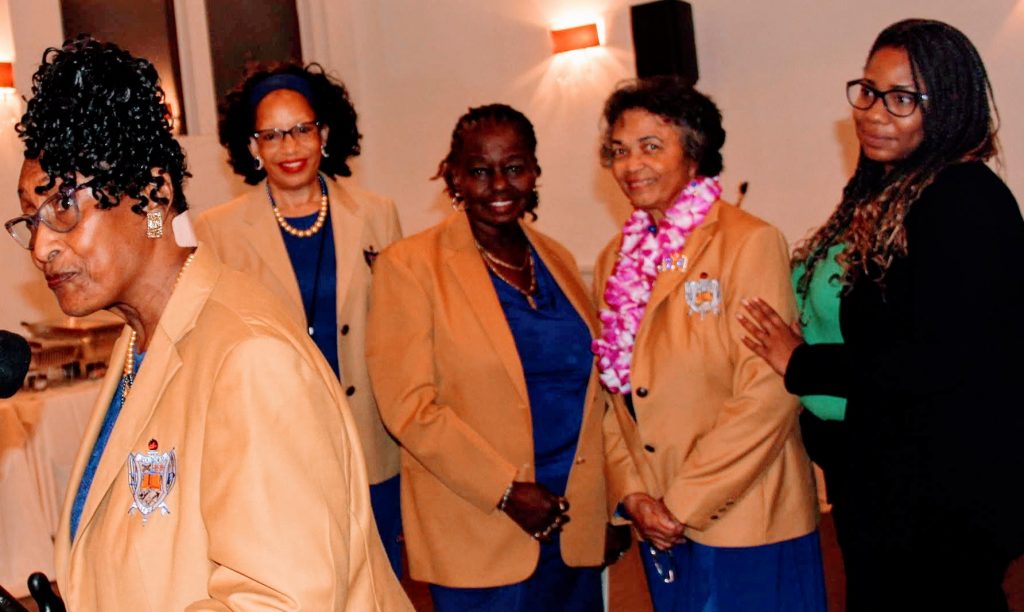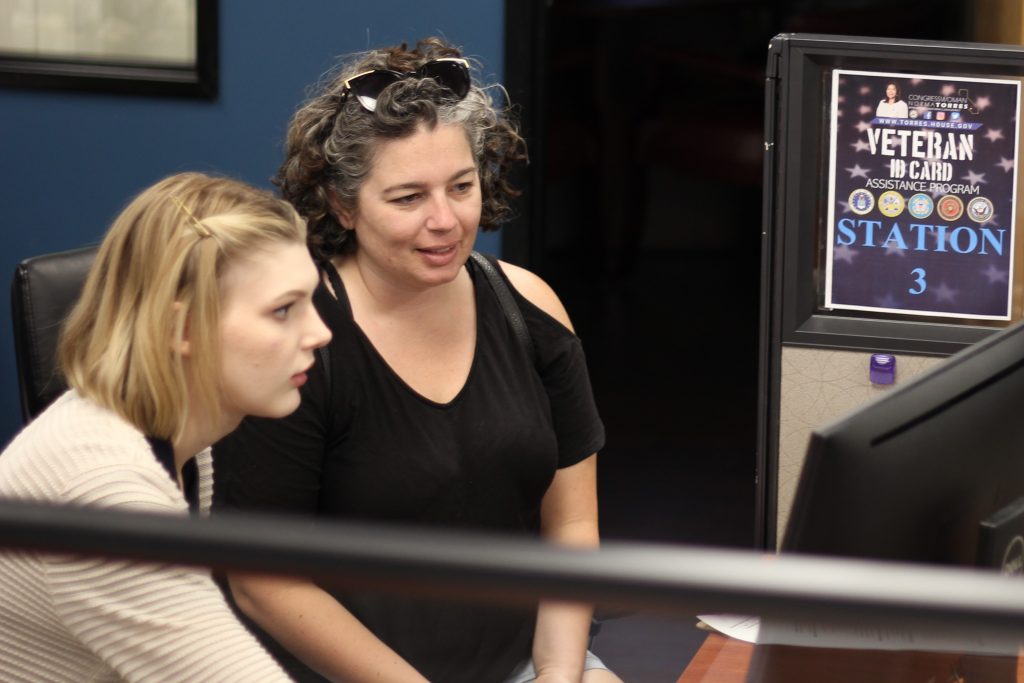(EMPIRE NEWS NETWORK—ENN)—- The applicants – up to 500,000 gold mine workers who suffered from diseases contracted from working in the mines – settled the class action lawsuit to receive R5 billion (over $350 million USD) on 3 May 2018 as compensation for the harm caused them. The news is that the court has now approved that settlement making it final and binding.
The silicosis and tuberculosis class
action is unprecedented in its scope and ambition.
The aim is to compensate former and current
mineworkers from South Africa, Botswana, Zimbabwe, eSwatini, Mozambique,
Lesotho and Malawi who contracted silicosis or tuberculosis on a gold
mine owned or operated by Anglo America South Africa, Goldfields, Harmony,
African Rainbow Minerals, AngloGold Ashanti and Sibanye Stillwater from 1965 to
date. If the parties had continued with litigation as opposed to settling, it
could easily take another ten years to finalise the litigation. The LRC has
lost five of its thirteen class representatives – these people passed away.
Two of them passed away in the past six months. The settlement shows an
acknowledgement from both sides that achieving an outcome beneficial to the mine
workers was urgently required.
Both sides came to the negotiating table with
utmost good faith and achieved a settlement that will likely benefit hundreds
of thousands of former and current gold mine workers and their dependents.
Why is
this important?
Judge Vally perhaps puts it best when he
states that: “This case encapsulates the tragic and sad aspect of gold mining
in South Africa. Gold mining has a long history in this country. At one level
it has produced great wealth for a few and … as allowed for the development of
the country in general (by virtue of, amongst others, the foreign exchange and
taxes earned through this industry) and of its richest province in particular.
Yet, at the same time, it has produced untold pain, suffering, physical harm
and death for hundreds of thousands of people who worked in these mines.”
In short, this is a step towards compensating
those who paid for the wealth of this country with their bodies and their
dignity.
Give us
an example of how the victims were impacted by silicosis?
Silicosis is an irreversible, incurable
and painful lung disease. Silicosis is caused by breathing in silica
dust and is particularly associated with dust exposure in gold mines. It is an
incurable occupational lung disease caused by prolonged and/or intensive
inhalation of tiny respirable particles of crystalline silica dust. It is
marked by inflammation and scarring in forms of nodular lesions in the upper
lobes of the lungs. In the most serious cases, silicosis may lead to
heart failure, lung cancer or progressive massive fibrosis.
Silicosis is a latent and progressive
disease. Mineworkers that contract silicosis are generally unable to
continue working on a mine. They may find further employment depending on the
progression of their disease, mostly if a person is only suffering from
radiological silicosis. Most mineworkers suffer a loss of earnings and
income which has wider implications for the children and families of
mineworkers. There is also a specific gender perspective in that most silicotic mineworkers
will have to be cared for by their wives or daughters who bear the brunt of
caring and breadwinning.
How
much money will the average victim receive?
The benefit depends on the degree of disease.
In respect of silicosis the awards are as follows:
(1) Silicosis Class 1. Sufferers
have mild lung function impairment i.e. less than 10% lung function impairment.
The Trust benefit for this category of silicosis is R70,000 (about
$5,000 USD).
(2) Silicosis Class 2. Sufferers
have moderate lung function impairment i.e. more than 10% and less than 40%
lung impairment. The Trust benefit for this category
of silicosis is R 150 000 (about $11,000 USD).
(3) Silicosis Class 3. Sufferers
have serious lung function impairment – i.e. more than 40% lung impairment.
The Trust benefit for this category of silicosis is R250,000 (about
$18,000 USD).
(4) The trust deed also provides for a special
award of up to R500,000 (about $36,000 USD), payable at the discretion of the
trustees, to any person who is certified as having Silicosis Class 3. Such a
person must have at least 10 years cumulative employment; must have undertaken
risk work on one or more qualifying mine(s) during the qualifying period; and
must have at least one of the following disease processes: progressive massive
fibrosis for mineworkers aged less than 50 years; lung cancer; cor pulmonale;
or massive fibrosis involving the lungs or oesophagus.
(5) For dependents of deceased mineworkers who
died as a result of silicosis or tuberculosis between 1965 and today, the award
is between R50,000 – R100,000 (about $3,500 – $7,000 USD).
What
does this mean for other groups of South African citizens who have been harmed
through mining or other industrial activity?
This matter sets a precedent on several levels.
The mining companies who have settled accepted historical responsibility for
companies that it owns or operates. In addition, the nature of the joint
process between the mining companies to achieve a settlement between them is an
extraordinary achievement. Six massive companies, each with their own executive
management, boards and shareholders came together to arrange how they would
divide liability between them and then sought to negotiate with the claimants
in good faith. The model used in the negotiation of this settlement may well
set the standard for future litigation in this area. Certainly the advancement
of the law in parent company liability will benefit future litigation.
How
does this award relate to similar awards in the US and other parts of the
world?
The awards to beneficiaries are comparable to
other settlements. It is difficult to compare the settlement to others due to
the broad scope of this settlement, including several African countries and an
unknown number of claimants. The companies have provided security in the amount
of R5 billion. However, the actual liability is open ended. The trust will run
for 12 years with a further year to close out payment of claims. As long as
eligible claimants enter the trust, they will be paid and the companies will be
liable even if the final amount exceeds R5 billion. The settlement is
unprecedented in its scope and ambition.
Are
other African countries likely to follow suit in compensating victims
of silicosis or other health problems created through industrial
activities?
As indicated above, the settlement included
mineworkers from other African countries that contracted silicosis or
tuberculosis while working on a South African goldmine. I am hesitant to
comment on what may happen in other countries but certainly the litigation and
settlement process in this litigation will assist those matter should they be
instituted.
What
role did the LRC play in getting justice for the workers?
The LRC was intricately involved in
the silicosis litigation and did all the groundwork that lay the
foundation for the class action. LRC dedicated significant time and
resources over the course of more than 15 years, pursuing litigation on behalf
of mineworkers who contracted silicosis at mines owned or operated by
Anglo American South Africa Ltd (AASA).
The LRC, Legal Aid South Africa (Legal Aid) and the London based law firm,
Leigh Day, collaborated with a view to formulating a legal strategy
designed to secure silicosis compensation for South African gold
miners generally.
In order to resolve overarching issues
relating to negligence, wrongfulness and causation, the LRC, Leigh Day and
Legal Aid pursued a series of individual actions that could be run as “test
cases.” The cases selected were all linked to the President Steyn Mine
owned by AASA, and is referred to as the President Steyn litigation or Blom
litigation.
The President Steyn litigation proceeded to
arbitration during September 2012 and was finally settled during September
2013. During this time, several applications for certification of an
industry-wide silicosis class action were instituted by RSI and AK. Following
extensive negotiations between the LRC on the one hand and RSI and AK on the
other, and in order to pursue the goal of developing a scheme that would
compensate all persons who contracted silicosis working at an AASA
goldmine, the LRC agreed to consolidate its class certification application
against AASA with the industry-wide applications of RSI and AK. The LRC
therefore became an integral part of the plaintiffs’ team. The LRC contributed
extensive scientific and industry related research and information, which it
obtained during the course of the President Steyn litigation, for purposes of
the certification application and the negotiations.
In addition, the LRC dedicated staff to the
class action including in-house counsel, attorneys, paralegals and researchers.
The LRC team was integral to the litigation arguing that parent companies
should be liable for mines that were owned in part, even a small share,
operated or controlled by a larger company, with a particular focus on Anglo
America South Africa. The LRC also argued for the development of the common law
to allow for damages for pain and suffering to fall in the deceased
mineworker’s estate to benefit the dependents. As a general rule, specific
damages, i.e. damages that can be quantified, such as medical expenses, loss of
earnings etc. are transmissible to a deceased estate. However, impairment of
dignity, pain and suffering etc. do not fall in a deceased estate. The LRC lead
the case to achieve justice for dependents of mineworkers who died as a result
of silicosis and argued that the law should be developed to allow
dependents to get the full benefit they would have been entitled to had the
mineworker not died. We won this point in the High Court and continued to argue
this point during negotiations.
Are
there other cases that the LRC is working on to benefit large numbers of South
Africans?
We have several applications in the pipeline
which, if we are successful, will benefit all South Africans. I have two main
areas of litigation going with counsel in the Constitutional Litigation Unit,
banking and mass surveillance. We have two ongoing matters against all the
major banks in South Africa. The first relates to the practice of set-off by
which debts are recovered by using another account held by the debtor at the
same financial institution to which a debt is owed. The National Credit Act
does not allow set-off except in terms of an agreement and subject to strict
regulation such as consent and notification. The banks have taken mention of
set-off out of all agreements and claim they are entitled to set-off debts in
terms of the common law without an agreement with the debtor and without
notification. This often leaves distressed debtors and mostly likely the lowest
income consumer without any money to provide basic necessities during the month
and exacerbates the cycle of debt. We won this matter in the High Court which
found banks may not use set off except in terms of the National Credit Act. We
are waiting to see if the banks appeal.
In respect of mass surveillance, we are
working on three cases that strategically fit together to declare mass
surveillance and storage of metadata unconstitutional as it violates the right
to privacy. In addition, we are challenging the law that permits interception
of communication to the extent that it does not require notification to the
subject of surveillance after the need for surveillance concludes. We are
asking the court to order parliament to include post-surveillance notification.
How
should we think about this case in the bigger context?
The settlement is important first and foremost
for the mineworkers suffering from an incurable and progressive disease or
their dependents that cared for them during their illness. The settlement aims
to bring an end to litigation surrounding silicosis in particular and
also tuberculosis contracted while working on a goldmine. The settlement has
been crafted in such a way that any former or current mineworker that
contracted silicosis on a settling mine will be compensated,
irrespective of which country they are from. At heart, the agreement is aimed
at compensating the class members who suffered harm over many decades while in
the employ of one or more of the settling companies.
The settlement and the judgment also sets a precedent
providing guidance for future class actions. Class actions are novel in South
Africa. There have been only about five applications for certification of a
class action and this is the first class action settlement. In addition, it is
extremely important to set a precedent for redress and compensation of
mineworkers who were harmed while working on the various mines in South Africa.
 Westside Story Newspaper – Online The News of The Empire – Sharing the Quest for Excellence
Westside Story Newspaper – Online The News of The Empire – Sharing the Quest for Excellence




